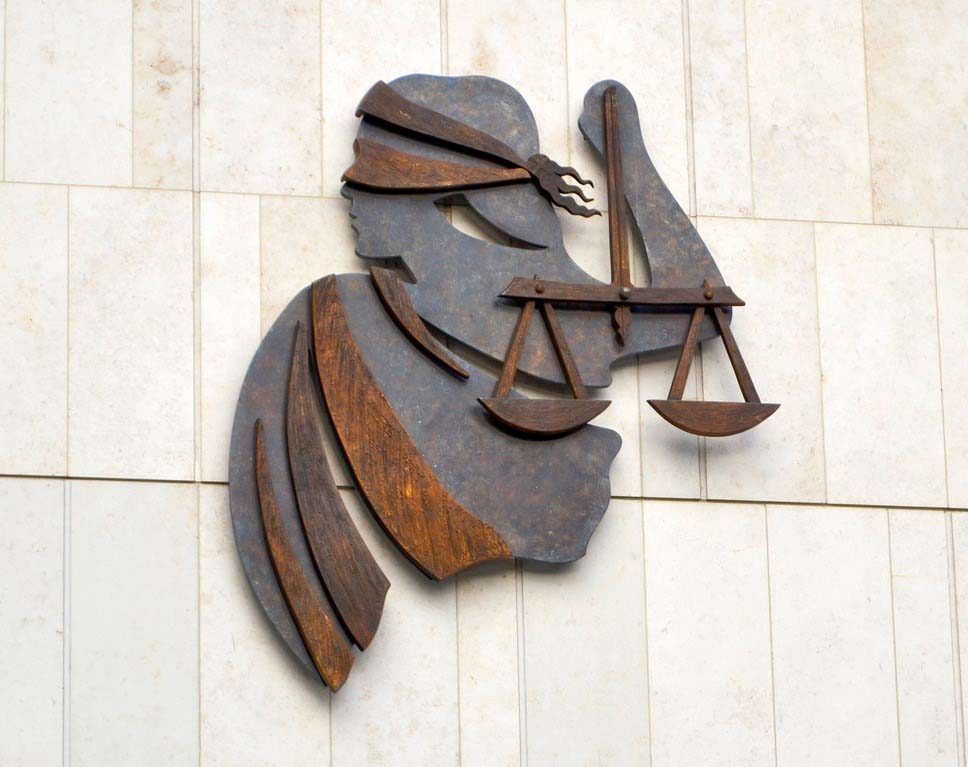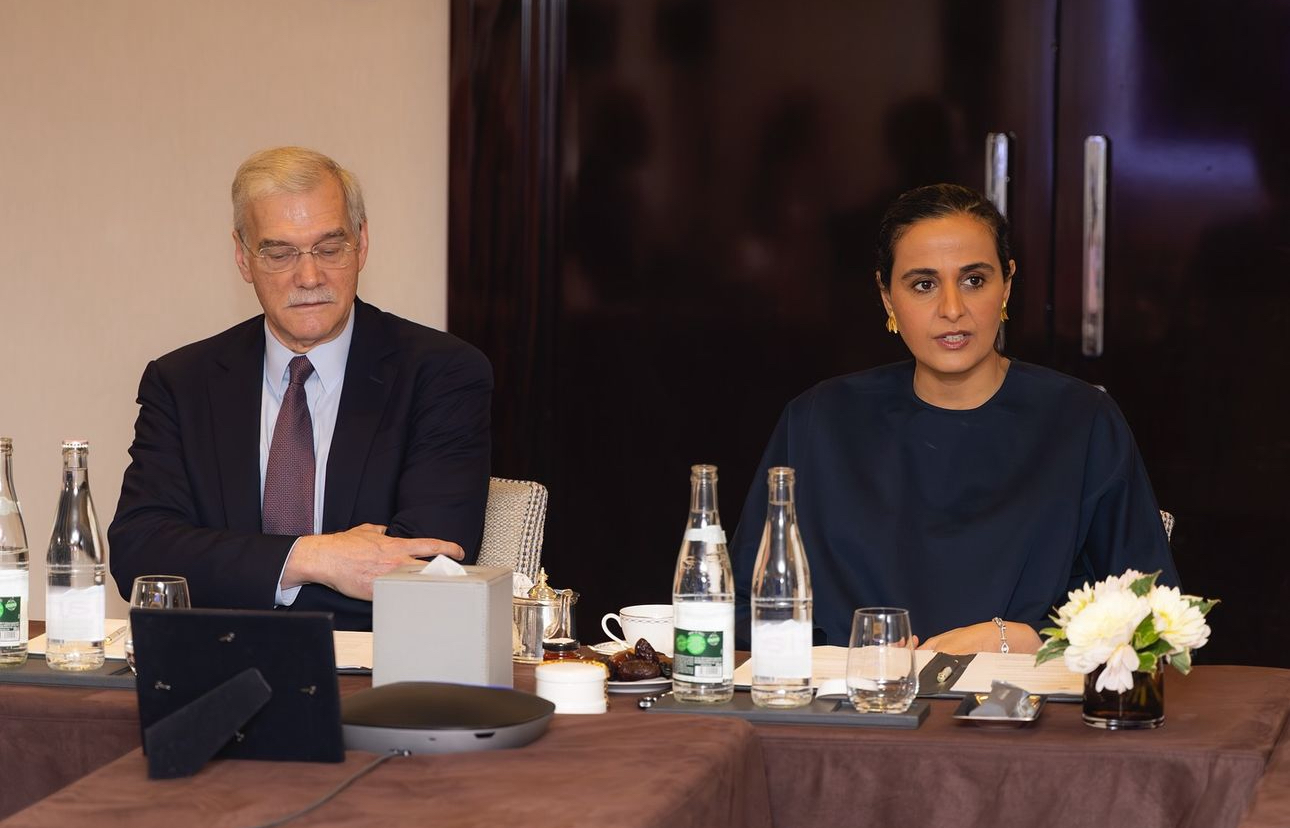
A new law school at Qatar’s Hamad bin Khalifa University (HBKU) will be the first in the region to offer a juris doctor (JD) postgraduate degree – the “centerpiece” of legal education in the US and several other countries, officials announced today.
The three-year program, which is expected to launch this fall with an initial class of 20 students, will be run in partnership with US-based Northwestern University at Education City. Where exactly classes will be held has yet to be determined.
Unlike many of the other programs offered on the campus, students will receive an HBKU degree, rather than one from a foreign university.
As a brand-new program, the HBKU degree would not yet be recognized by international accreditation bodies or foreign countries.

But discussions are currently underway with Qatar’s Office of the Attorney General, Justice Ministry and local legal industry bodies to ensure the degree is recognized in this country when the first class graduates in 2018.
Discussions about HBKU establishing a graduate law school first emerged in 2012. At the time, HBKU said it was working with Harvard University to set up the program.
There is currently a law school at Qatar University that offers an undergraduate-level Bachelor of Law, or LL.B, degree and has a student body of approximately 800, according to its website.
Qatar University also plans to launch a graduate law program this fall and will grant a Masters of Law, or LL.M.
Understanding the law
While some graduates of the new program are expected to go on to work at law firms, HBKU provost and executive vice-president Ahmad Hasnah said the new school’s aim goes beyond graduating lawyers.
Speaking to Doha News following a press conference today, he said:
“What we’re trying to focus on is graduating leaders who understand the law and understand the spirit of the law and see … (how that knowledge can be used to make) your society, your country better from a governance perspective and public policy perspective.”
The program’s curriculum – which will be taught in English – “has been designed to meet the unique needs of Qatar,” Dr. Clinton Francis, founding dean of the school said during today’s press conference.

It will focus on civil law, common law, Islamic law and take into account legal principles that reflect the makeup of Qatar’s economy, with an emphasis on energy, infrastructure development, finance, health care as well as culture and media.
In addition to theoretical knowledge, students will be trained in contract drafting, trial advocacy, dispute resolution, negotiation and presentation skills.
Faculty members will be drawn from Doha, Northwestern’s Chicago campus and other academic institutions.
Applications are now being accepted for the program online. Officials said that the size of the incoming class of 2018, while initially small, would be adjusted based on its popularity and “market demand.”
They declined to give tuition figures, saying only that the fees charged by other law schools in the region would be taken into consideration.
Legalese
The JD degree differs from the LL.M as it does not require incoming students to hold an existing law degree.
HBKU law students are required to hold an undergraduate degree in any discipline and possess a “strong academic record.”
HBKU’s three-year program is also longer than an LL. M, which typically takes a year to complete.

While the goals of HBKU’s program are geared beyond bolstering the ranks of Qatar’s legal system, its launch nevertheless comes amid other efforts to attract more people into the profession.
In 2013, compensation packages for judges, prosecutors and judicial assistants was increased in part to motivate more Qataris to enter the country’s legal system. And last year, a UN official said the country’s justice system lacked a sufficient number of qualified and interested Qataris.
While Hasnah agreed that the new program would mean Qatari students can pursue graduate legal studies closer to home, he added that it was his vision to attract students from Japan, the US and other counties in future years.
Thoughts?







